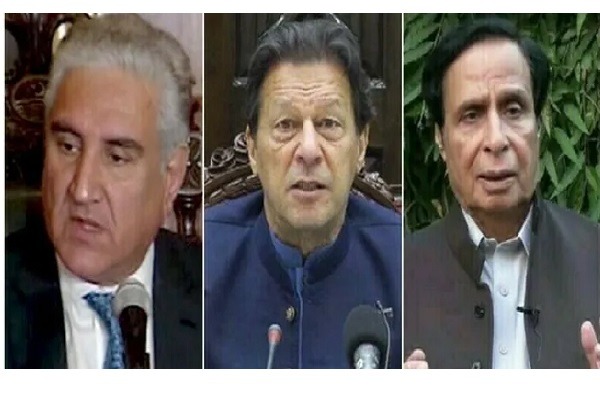Pakistan Tehreek-e-Insaf (PTI) leaders have taken their case to election tribunals following the rejection of their nomination papers for the upcoming February 8 elections. In Sindh, prominent PTI figures, including Shah Mehmood Qureshi, Haleem Adil Sheikh, and Firdous Shamim Naqvi, were among approximately 20 appellants who approached the tribunals at the Sindh High Court’s principal seat in Karachi. The election tribunals have issued notices to the Election Commission of Pakistan, the relevant returning officers, and other respondents, with a deadline to file comments by January 4.
The appeals filed by PTI leaders contest the rejection of their nomination papers on various grounds, including the absence of specific certificates and politically motivated reasons. The legal representatives of the appellants have argued that the rejection of the nomination papers was not based on valid objections or institutional reports. They have also highlighted instances where the candidates were allegedly unaware of the reasons for rejection, such as outstanding telephone bills and the inability to sign an authority letter due to incarceration.
The rejection of nomination papers has not been limited to Sindh, as PTI leaders in Punjab and Khyber Pakhtunkhwa have also challenged the decisions of the returning officers. The legal battle over the rejection of nomination papers is unfolding across multiple provinces, with PTI members seeking redress through the established legal channels.
The rejection of nomination papers and the subsequent legal challenges have added a new layer of complexity to the electoral landscape in Pakistan. As the election tribunals begin to review the appeals and the Election Commission of Pakistan responds to the notices, the outcome of these legal proceedings will have a significant impact on the composition of the candidates for the upcoming elections.


